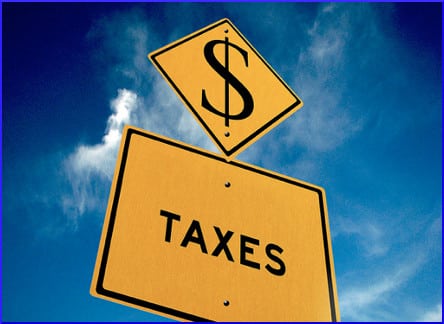
Childhood Obesity News is looking at some of the reasons why people don’t get behind the idea of taxing soda pop. In California a couple of years back, a 1-cent-per-ounce tax on sugar-sweetened drinks was proposed, and the Los Angeles Times said:
The estimated $1.7 billion raised by the tax annually would be dedicated exclusively to funding physical fitness and childhood obesity programs statewide…. The money would go toward activities and gear at schools and nonprofit organizations … sports, games, play equipment. It would go toward providing more-healthful lunch choices and efforts to educate kids about eating right.
This all sounds great, except for one thing. The public is also told that the money collected from tobacco taxation pays for health and education programs, but a second look reveals a revenue stream pouring money into a lot of other projects besides. Can people be blamed for having doubts about a soda tax?
There is the dimension of political philosophy. Whether for tobacco, alcohol, or junk food, this method of revenue collection is inimical to many Americans. Some call it a sin tax, others call it social engineering — government’s attempt to protect us from ourselves, and a punitive assault on personal choice.
Another important question is whether a soda tax would actually do any good, in terms of decreasing consumption of sugar-sweetened drinks. In Overweight: What Kids Say, Dr. Pretlow mentions a 2008 study showing that “limiting soda availability in schools has not been found to influence student soda consumption.” Hopefully, things have changed since then. Getting back to how the tobacco tax actually functions, eHow’s Keith Evans bluntly says:
States do not always distribute all of the funds collected from cigarette taxes to health-related issues, though, as many states use the money to plug gaping holes in state budgets.
And cities can do pretty much anything they want:
The money collected at the municipal level is largely unregulated and may be spent on a number of purposes. Depending on the municipality’s needs, cigarette tax funds may be allocated to local health programs, traffic enforcement or even city employee payroll.
To the minds of some Americans, the best argument to quit smoking might be that the tax is supporting aspects of government that they don’t particularly cheer for. And if consent is based on a promise that the situation actually will improve, then decisive improvement needs to be shown, or there is a compelling argument against initiating any similar taxes on other substances. Some wonder about other details. Figures from RJ Reynolds indicate that in 2013 alone, smokers paid a ton for the privilege of inhaling:
– Federal excise taxes – $14,166,973,085
– State and local excise taxes – $17,182,878,658
– State cigarette sales taxes – $4,043,504,916
The tobacco giant writes: “Since 1998, governments at all levels have collected more than $528.5 BILLION in cigarette taxes (including sales tax) and payments from smokers.” The question some people ask is: with that much money, why haven’t they cured everything by now? Since smokers pay such heavy penalties in the form of taxes, shouldn’t they feel justified in expecting free health care when the axe falls? With over 500 billion dollars in the kitty, why haven’t the medical bills of every cancer patient been paid in full? Is this a reasonable question to ask? Even a person unwilling to go that far might want a guarantee of fair distribution before enacting legislation.
Any campaign to tax sugar-sweetened beverages and/or junk food might want to look carefully at the idea of being quite honest about where the money goes, and making sure that it gets there. People might be willing to support a soda tax if they were confident that all the money would be spent to help food addicts, especially kids.
But if it turns out like the tobacco tax, money will be spent on a lot of things that people don’t necessarily wish to support. How can that difficulty be overcome? Would a system of strict accountability convince these people? Could such a system be put in place, to reassure people that a measure they vote for might actually accomplish what they see as a worthy goal?
Your responses and feedback are welcome!
Source: “Junk food tax: Fighting obesity one penny at a time,” LATimes.com, 02/25/11
Source: “How Are Cigarette Taxes Spent by the Government?” eHow.com, undated
Source: “Tobacco Taxes & Payments,” RJRT.com, undated
Image by 401(k)2012

 FAQs and Media Requests:
FAQs and Media Requests: 











